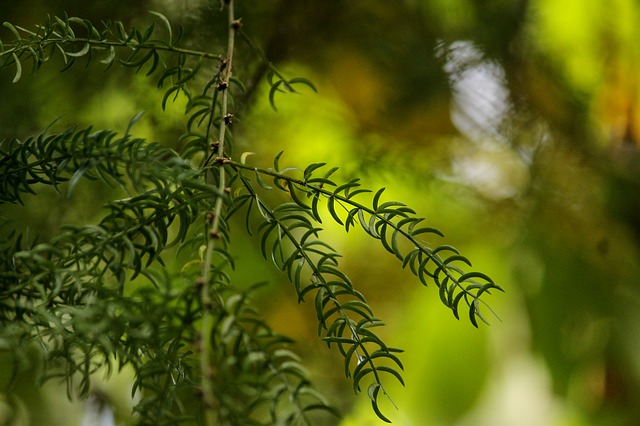Shatavari Root
Also known as
Asparagus racemosus, Catavari, Satavari, Shaqaqule Hindi, Songga Langit.
Introduction
Shatavari is a traditional Ayurvedic antispasmodic; an aphrodisiac, demulcent, digestive, diuretic, galactogogue, and is often used for infertility and for women's health.
Constituents
Steroidal saponins & glycosides (shatavarin, sarasapogenin, diosgenin), isoflavones, mucilage, alkaloids, asparagamine, sistosterol.
Parts Used
The root, rhizomes and stem.
Typical Preparations
As an infusion or a tincture. The fresh root is often candied or made into preserves to give it a sugary sweet flavor.
Summary
Shatavari is highly regarded as an herb for women's health, and it is the most important herb in Ayurvedic medicine for problems connected to women's fertility. The name Shatavari is from an Indian word meaning "a woman who has a hundred husbands". It is used as a menstrual regulator, to help prevent miscarriage, for menopausal symptoms with hot flushes, irritability, irregular memory and dryness, for lactation, loss of libido, infertility, as an aphrodisiac, and for the female reproductive organs. Shatavari is also used as a tonic for circulatory, digestive, and respiratory organs, ulcers, bronchial infections, diarrhea, rheumatism, diabetes, bleeding ulcers, gastritis, Crohn's disease, dysentery with bleeding, dry cough, sore throat, inflammation in the lungs due to dryness and heat, male fertility and impotence, building body mass and muscle tissue, nourishing the blood, the immune system, calming the nerves, and insomnia. Externally it is used to treat stiffness in the joints.
Precautions
Consult with a physician before using if pregnant or nursing.
PURCHASE SHATAVARI ROOT EXTRACT
For educational purposes only. This information has not been evaluated by the Food and Drug Administration.This information is not intended to diagnose, treat, cure, or prevent any disease.Unless otherwise stated, this information courtesy of MOUNTAIN ROSE HERBS, with full, written permission for reuse.








